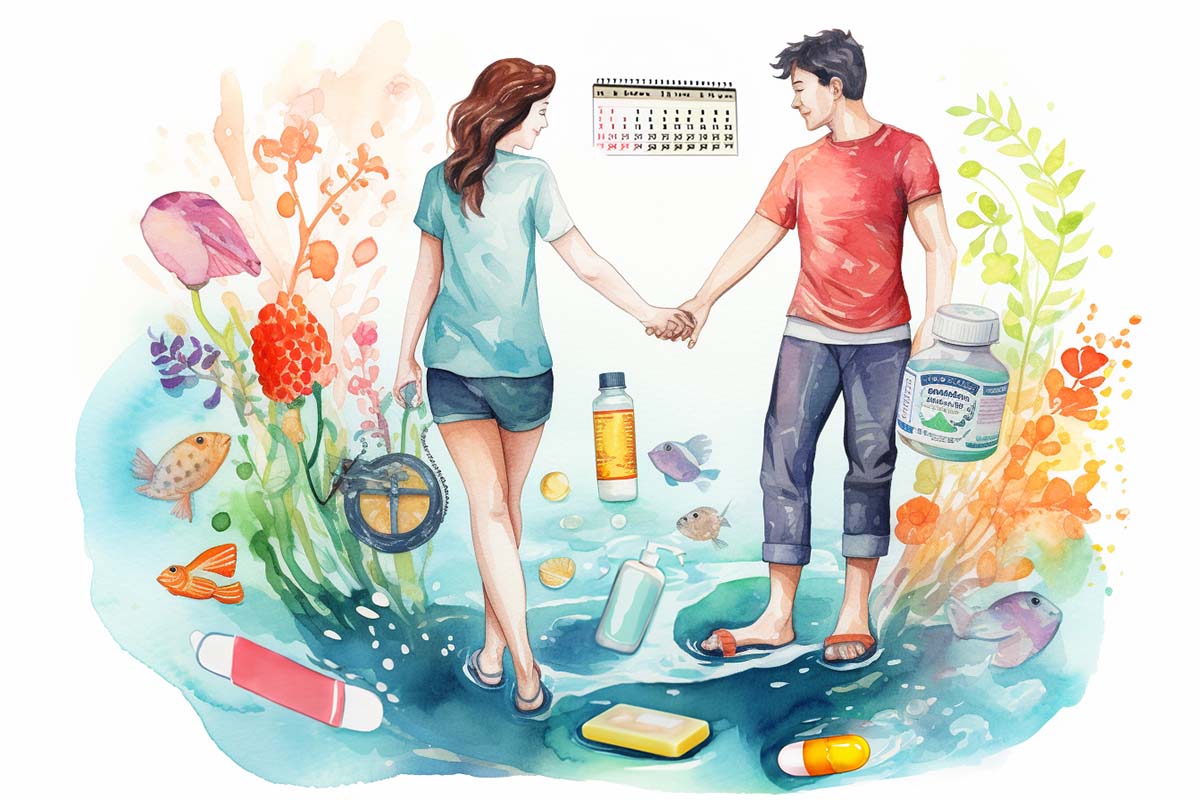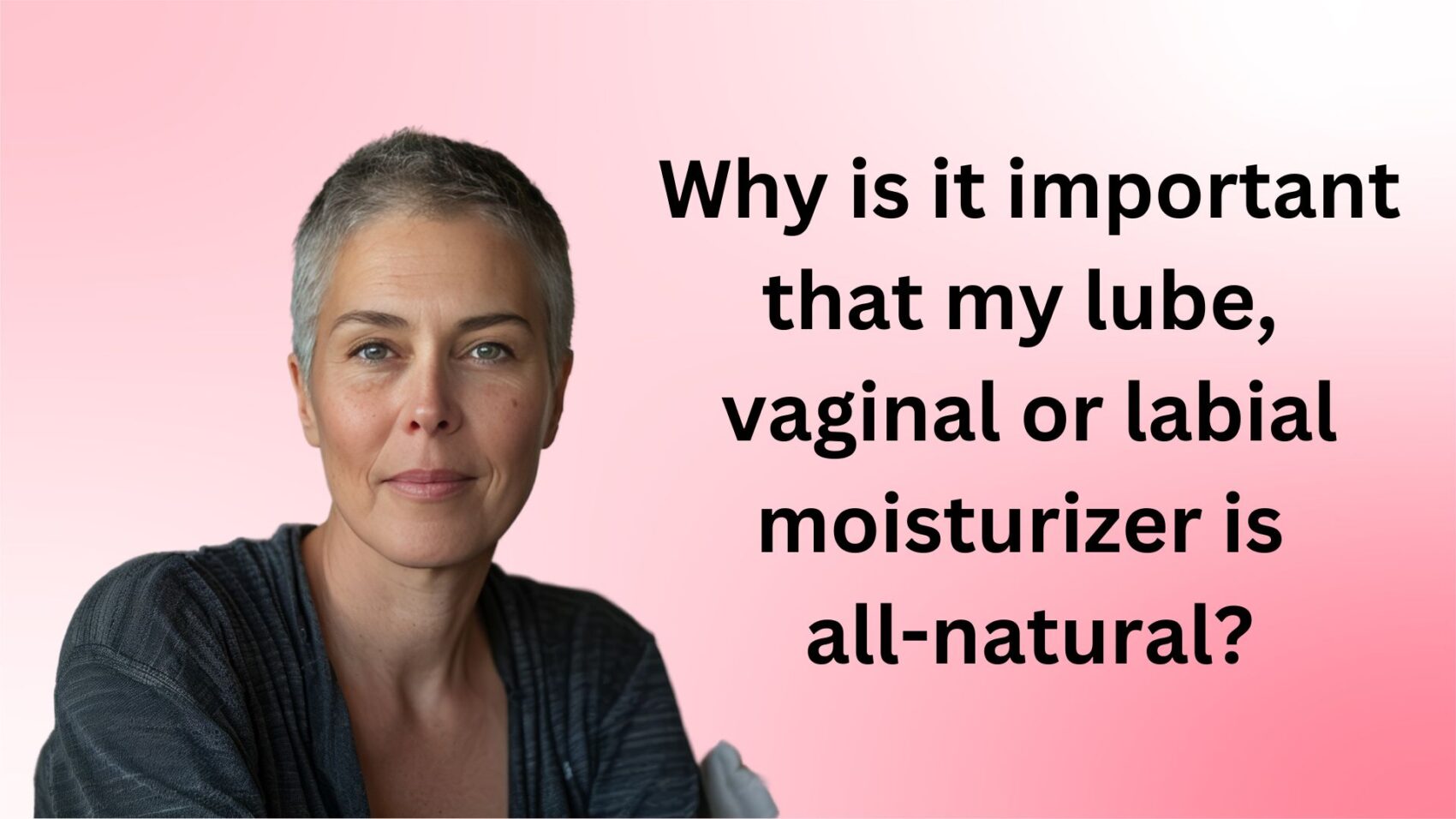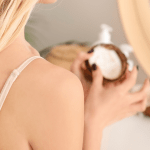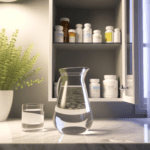Factors Influencing Vaginal pH Balance
A healthy vagina typically has a pH value of 3.5 to 4.5. This slight acidity helps beneficial bacteria thrive and keeps harmful ones at bay. Vaginal pH balance is crucial for overall feminine health, influenced by factors such as hormonal shifts, activities, medications, and external elements. Delve deeper to understand these intricacies and the vital role they play in your intimate well-being.

Hormonal Influences
Mother Nature, in her wisdom, endowed women with a symphony of hormones. Each hormone plays its part, but when it comes to the hallowed halls of our vaginal health, estrogen takes center stage.
- Role of estrogen: Estrogen is the guardian of vaginal pH and moisture. It aids in producing lactic acid, which ensures the vagina remains slightly acidic, keeping harmful bacteria at bay. But, as with every diva, she’s sensitive to changes.
- Menstruation’s impact: Every month, our body embarks on a menstrual journey, causing a slight elevation in vaginal pH. Why? Blood has a pH of 7.4, slightly alkaline compared to the vagina’s normal pH.
- Pregnancy and menopause shifts: Ah, the joys of womanhood! Pregnancy brings a surge in estrogen, fortifying the acidic environment. Menopause, on the contrary, witnesses a decline in estrogen, making the vagina more susceptible to pH disruptions and, might I add, the dreaded dryness.

Activities and External Factors for Vaginal pH Balance
Life’s a series of events, some more intimate than others, and your vagina isn’t just a silent bystander. Activities and external factors can tango with your vaginal pH, sometimes leading to an unexpected dip or rise.
- Effect of sexual activity and semen: Semen, nature’s method of delivering life’s little swimmers, is alkaline. Hence, after intimacy, the vagina’s pH might elevate temporarily. The vagina, being a resilient organ, usually restores its pH shortly after. But it’s good to be aware.
- Douches, soaps, and hygiene products: While the idea of a ‘spring fresh’ vagina sounds enticing, douches and certain soaps can wreak havoc on vaginal pH. Remember, the vagina is self-cleaning. It’s not a carpet!
- Swimming pools and hot tubs: While that dip in the pool or hot tub might be refreshing, the chlorinated water can temporarily alter vaginal pH. Always freshen up post-dip to maintain balance.
- One of the often-overlooked activities is the application of moisturizers in our intimate areas. While moisturizers can provide relief from dryness, it’s crucial to select products that are water-free, chemical-free, and all-natural. Opting for moisturizers specifically designed with a pH of 3.5 ensures they are in harmony with the vagina’s natural environment, offering comfort without disrupting the delicate balance

⭐️⭐️⭐️⭐️⭐️ “Love Damiva MAE. It was recommended by my doctor. Easy to apply, nice fragrance. I would definitely recommend this.”
Paula L, Damiva Mae Customer
⭐️⭐️⭐️⭐️⭐️ “This is a great product. It helps a lot with dryness and is so easy to use.” Anne W., Damiva Cleo Customer

Medication and Health Conditions Affecting Vaginal pH Balance
Just as a butterfly’s flutter can cause ripples across a pond, seemingly unrelated medications and health conditions can influence the delicate balance of vaginal pH.
- Antibiotics’ role: While they’re life-savers against infections, antibiotics can sometimes reduce the beneficial bacteria in the vagina, causing a pH shift and, in some cases, yeast infections.
- Impact of certain illnesses: Conditions like diabetes can alter the vaginal pH. Increased blood sugar levels can find their way to vaginal secretions, creating a breeding ground for yeast.
- How contraceptives can play a role: Hormonal contraceptives, especially those lacking estrogen, might affect vaginal pH. Always consult with a healthcare professional when choosing a contraceptive method.
- Incontinence, often a concern for menopausal women, can significantly impact vaginal pH balance. The frequent use of incontinence products like diapers, pads, or specialized underwear can create a moist environment, potentially disrupting the natural pH levels. It’s essential for women navigating this phase to choose products that allow breathability and maintain an optimal pH environment.

Conclusion
The journey through the labyrinth of factors affecting vaginal pH is enlightening. By understanding these influences, you empower yourself to make informed decisions.
- Importance of knowing the factors: Knowledge is power. By understanding what affects your vaginal pH, you’re equipped to handle disruptions and ensure optimal vaginal health.
- Personal monitoring and awareness: It’s essential to stay attuned to your body. Any changes, discomforts, or irregularities should not be ignored. Using pH harmonizing products, like Mae and Cleo by Damiva, can be a proactive step in this regard.
- Consulting healthcare professionals: While articles like this aim to inform, nothing replaces professional medical advice. Regular check-ups and open communication with your healthcare provider are crucial.










